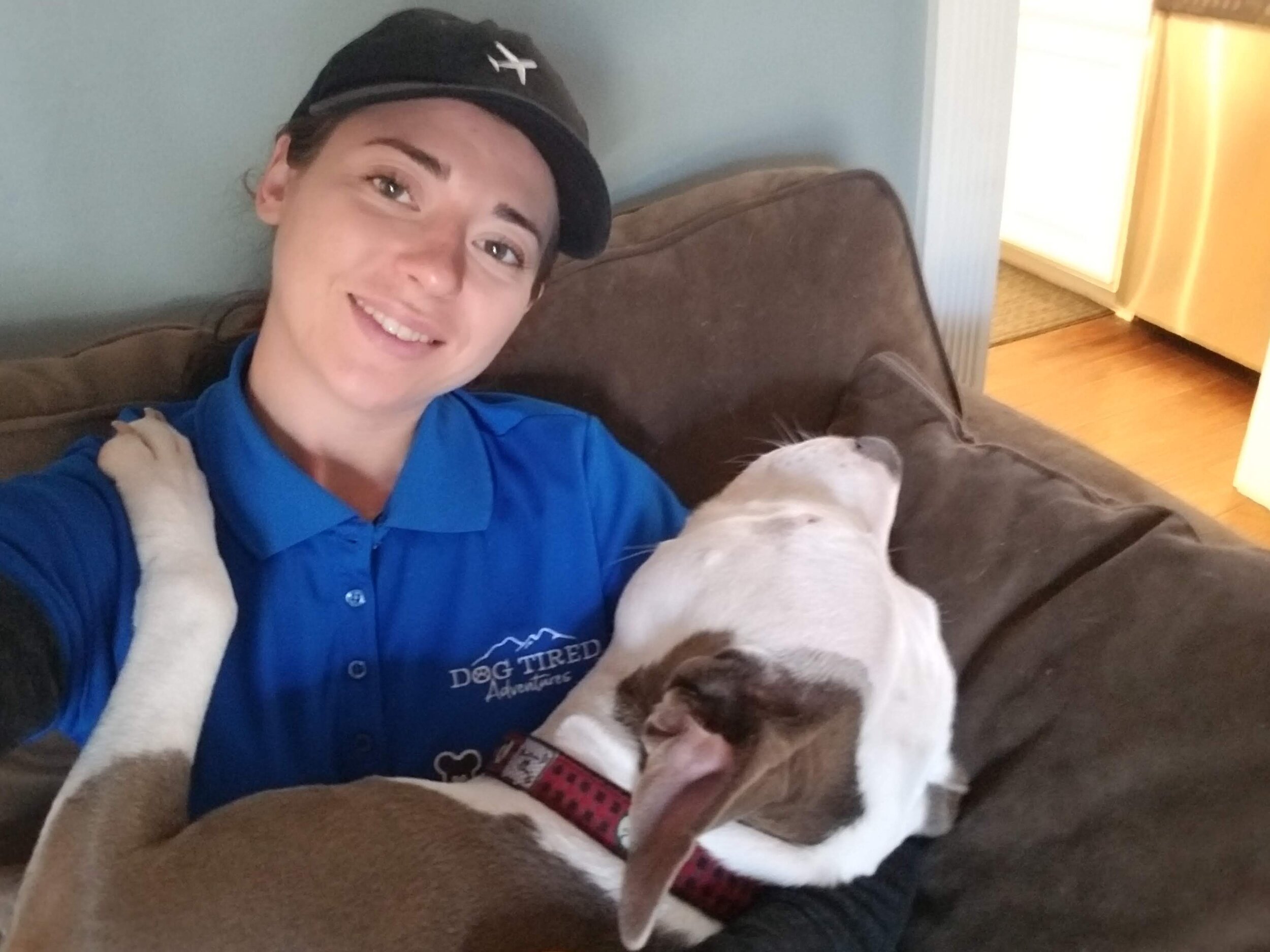Breeder vs Puppy Mill, and Other Ways to Welcome a Dog to your Home
Buying a dog from a puppy mill is pretty widely believed to be one of the most harmful ways of purchasing a dog. This is because a puppy mill is effectively a farm for dogs. The animals are not treated humanely and there is a general lack of concern for the animals within these facilities. As soon as they are able to reproduce, breeding begins. The “breeders” are focused solely on profit, and not on the welfare of the dogs or their litters. But it’s not always easy to discern which dogs are coming from a puppy mill and which are coming from a breeder.
We’ll provide you with a quick run down, so you can make a purchase that you can feel good about.
What is a puppy mill?
According to The Humane Society, “A puppy mill is an inhumane high-volume dog breeding facility that churns out puppies for profit, ignoring the needs of the pups and their mothers. Dogs from puppy mills are often sick and unsocialized. Puppy mills commonly sell through internet sales, online classified ads, flea markets, and pet stores. In fact, the majority of puppies sold in pet stores and the internet are from puppy mills.”
How can you tell if it’s a puppy mill?
The seller wants to sell as soon as possible
The dog was found on Craigslist, or a website dedicated to puppy sales
The “breeder” can’t answer questions for how they focus on breed standards in their dog - focusing on “cuteness” doesn’t count
You are not allowed to meet the parent of the puppy
You’re at a pet store - nearly all pet stores source puppies from puppy mills
They won’t send you photos of where the puppies are raised, or give details on socialization
Puppies only have USDA health certificate, not a full vet record with vaccinations etc
Difference between breeders and puppy mills
You cannot go by price alone. Some websites dedicated to puppy sales can appear to be a genuine breeder, and the price reflects that. However, those sites still source their puppies from puppy mills. Here are some ways to tell the difference between a mill and a breeder:
Puppy mill
Number of litters at a time: Multiple
Why they breed: For profit
Vet care for mothers: Minimal to non-existent
Age of young mother dogs: As soon as physically capable
Health screenings for adults: Minimal. Enough to meet state and federal law. Puppy may also come with “health certificate”
Process for screening owners: None. Puppies are sent to pet stores, the seller meets in parking lots, sales occur over the internet, seller never meets the owner or talks to them
Handling of Puppies: None
Breeding facility: Outdoors or in a warehouse, cages may be stacked. You probably won’t see the facility for a puppy mill
Contracts: None
Titles on dogs: None
Where you get the puppy: Pet stores, parking lots , or online pet stores
Puppy looks: Focus on cuteness or exotic coloring
Puppy availability: Immediately
Involvement in dog activities: None
Breeder
Number of litters at a time: Generally only one
Why they breed: To better the breed for a purpose
Vet care for mothers: Extensive, with preventative care and screenings
Age of young mother dogs: 2 years or older
Health screenings for adults: Extensive, including x-rays and tests for common disorders
Process for screening owners: Questionnaires, waiting lists, matching puppies with owners, breeders are focused on making a match, not a sale
Handling of Puppies: Extensive, including socialization with children, textures, noises etc.
Breeding facility: In home, puppies raised with family, if visitors not allowed (usually for sanitary reasons) the breeders are happy to share photos
Contracts: Often required for owners to return pup to breeder if something goes wrong, may require you not to breed
Titles on dogs: Generally titled in one or more sports
Where you get the puppy: In person, or potentially shipped after further discussion and planning
Puppy looks: focused on fitness/health, and trueness to breed standard
Puppy availability: Almost always a waitlist
Involvement in dog activities: almost always a member of a breed club or sport club
Backyard Breeders
Backyard breeders are also motivated by profit. You can find listings for the puppies they are selling in classifieds and online. Backyard breeders may seem to be well intended people, who breed their family pet. However, if they aren’t concerned about their pet and the litter’s welfare, they are not a much better place to buy a puppy than a puppy mill.
What to look for:
Keep an eye out for designer style breeds, or puppies being sold at younger than six months
If the breeder seems reluctant to show the premises of their breeding location, they may not be concerned about the pet’s welfare
A breeder who doesn’t ask questions of the potential buyers
No guarantees. A responsible breeder commits to taking back the puppy at any stage in their life, not matter what the problem was
Paws.org says, “Because puppy mills and backyard breeders choose profit over animal welfare, their animals typically do not receive proper veterinary care. Animals may seem healthy at first but later show issues like congenital eye and hip defects, parasites or even the deadly Parvovirus.”
Adoption
If purchasing from a breeder is not what you’re interested in, you could still consider adopting. Rescue groups and shelters are a good option to purchase a dog. There are plenty of dogs out there who need a loving home, and about 25% of the dogs in shelters are also purebred dogs. There is one thing to look out for though: some puppy mill re-sellers will pose as a rescue group site. Be sure to verify the rescues you are interested in, before making a purchase.
If you are interested in more sources to learn about puppy mills, check out some of the pages below. Buying from a puppy mill could result in implicating your new dog’s health due to lack of standards in breeding environments. With a little bit of research, you can make a well informed purchase that you can feel good about, and know that your dog, their litter, and their parents are well treated and cared for.
Written By: Gabby St.Martin
Gabby is a dog walker and writer for Dog Tired Adventures. She loves being active, the great outdoors, and loving on her Doberman.

